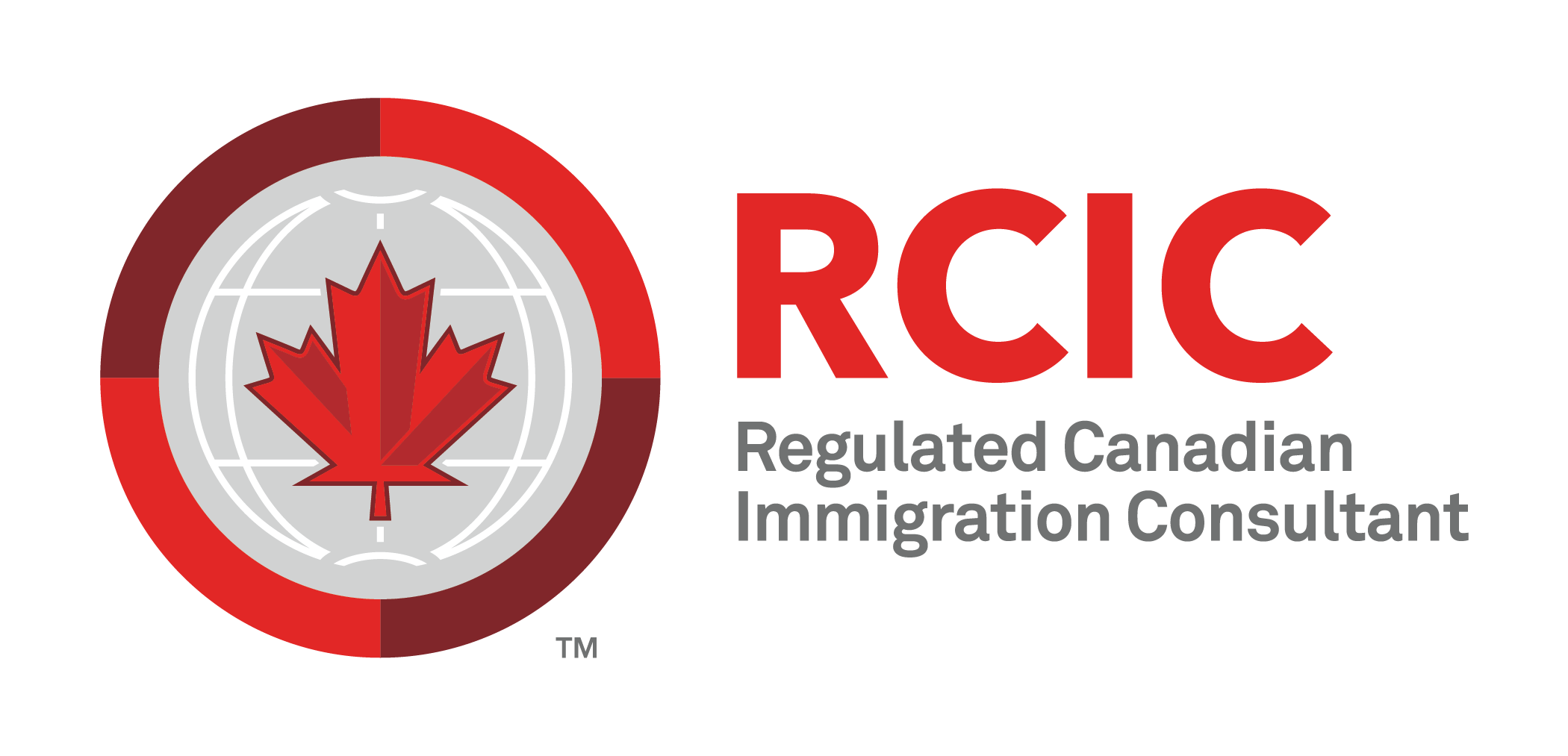Canada Announces Nationwide Minimum Wage Increases for Early 2025
December 12, 2024

In an important step towards addressing cost-of-living challenges and ensuring fair compensation for workers, the Government of Canada has announced nationwide minimum wage increases across several provinces and territories, set to take effect in early 2025. The changes which speak to the steady will to support economic growth as much as eradicate poverty, as well as support the rights of employees-would go a great length to influence the current trend in the Canadian Labor force.
Nationwide Minimum Wage Increases: Federal Minimum Wage to Rise to $17.70 per Hour in Early 2025
Under the new federal mandate, the Nationwide Minimum Wage for federally regulated sectors will increase to $17.70 per hour, effective in early 2025. This wage hike is an effort to control inflation and give workers a sustainable income that matches the increasing cost of living in all parts of the country. Federal minimum wage adjustment is in keeping with the Government of Canada’s plan to strengthen workers’ financial security while ensuring an equitable and just workplace for everyone.
This move has an impact on employees working directly under federal jurisdiction in the different industries including transportation, banking, and telecommunications. Overall, it is part of an attempt to close a wage gap and minimize geographical inequality so that all workers gain better living conditions in different parts of Canada.
Provincial and Territorial Minimum Wage Increases
In addition to this federal increase, several other provinces and territories in Canada also initiated Nationwide Minimum Wage increases effective in early 2025. Provinces such as Nova Scotia, New Brunswick, and Yukon are looking at increasing wages, ensuring workers in these regions also get some extra money. That way, the adjustments are undertaken in response to inflationary pressures and the rising cost of living, ensuring that people’s incomes are relevant enough for the current economic reality.
For instance, Nova Scotia will significantly have its minimum wage increase considerably and monitored in the process to understand how this actually impacts the standard of living of workers. New Brunswick has promised better entry-level and low-wage worker wages, while Yukon’s minimum wage is competitive with what other regions are charging to maintain the same minimum wage standards of other provinces. Changes like this across various provinces represent a bigger stride toward more balanced wage policies all over the country.
Nunavut Leads with the Highest Minimum Wage at $19.00 per Hour
Among all the provinces and territories, Nunavut stands out as having one of the most exceptional minimum wage rates. The territory will keep its $19.00 per hour minimum wage-the highest in Canada-intact. This is a much needed boost for the workers in Nunavut because the overall cost of living in this Canadian territory is relatively high; more so because of how remote the region is. Moreover, the goods and services are costlier too. The Nationwide Minimum Wage updates have resulted in these new wage levels that have been in accordance with the economic aspects of the region. They help the workers to afford a decent living despite rising living costs.
Keeping the nationwide minimum wage at its highest level in Nunavut reflects the commitment of the territory to ensure that workers can afford basic needs, such as housing, transportation, and groceries. The added economic challenge of remoteness makes Nunavut’s higher wage ensure that its workforce is resilient and that businesses can attract and retain skilled workers.
Why Are Minimum Wage Increases Important for Canada?
The nationwide wage increases at the beginning of 2025 are not just pay hikes for workers but rather a broader strategy to help the government address economic disparities so that Canadians can still live well despite inflation affecting every aspect of life. Some of the key reasons these increases are important include:
- Economic Stability: Higher wages, due to the Nationwide Minimum Wage increases, result in higher disposable income, which can spur local economies. More money in the pockets of workers translates to more spending on goods and services, which spurs business growth and overall economic stability in Canada.
- Poverty Reduction: Ensuring a fairer wage for low-wage earners is a step towards achieving what the government has pledged for poverty reduction. Raising the nationwide minimum wage is always an important step toward increasing income equality and creating equal opportunities for those who badly need it.
- Supporting Fair Compensation: The nationwide minimum wage increases reflect Canada’s ongoing efforts to ensure fair compensation for its workforce, regardless of where workers are employed. It is a reflection of worker rights and a commitment to fair labor practices.
- Addressing Inflation: Many Canadians in recent years have been concerned with the rising inflation levels, mainly due to rising costs in housing, food, and healthcare. By adjusting the nationwide minimum wage, it will help workers maintain a step with inflation levels, such that their purchasing power is not eroded.
How Can Employers Adapt to the Minimum Wage Changes?
Employers in all regions of Canada will have to respond to the new Nationwide Minimum Wage rate. For businesses, this might come in the form of revisiting payroll budgets, staffing models, and even higher costs for labor passed on to consumers. The increase will be a cost but one that also offers business opportunities for investment in workforce development and maintaining employee retention.
Competitive wages can attract the best talent, reduce turnover, and increase employee satisfaction, thus improving overall business performance. Employers should review their compensation strategies and ensure that they are consistent with the changing labor market.
Canada’s Commitment to a Fairer Economy
This reflects the nation’s ongoing efforts to build a more equitable economy where all workers are justly rewarded for their labor. This move of increasing the minimum wage in various provinces and territories, with Nunavut maintaining its $19.00 an hour rate, will prove to be meaningful action from the Canadian government to reduce poverty levels, spur economic growth, and promote fair working conditions for all Canadians.
If you want to know more details about “Immigration Drives Canada Economic Growth and Strengthens the Labour Market“ you can contact one of our immigration specialists at Gunness & Associates.
Please Book an Appointment with a Member of Our Assessment Team!
Book an Appointment Now with Hamlet!
Book an Appointment Now with Pratik!
Gunness & Associates has helped thousands of people successfully immigrate to Canada with their families. Our skilled and experienced immigration experts have the expertise to accurately examine your case and advise you on the best method of proceeding to serve your needs.
For honest and straightforward advice, contact the experts
Get a free Assessment
Join our newsletter and get up-to-date immigration news Click here
All rights reserved ©2024 Gunness & Associates







